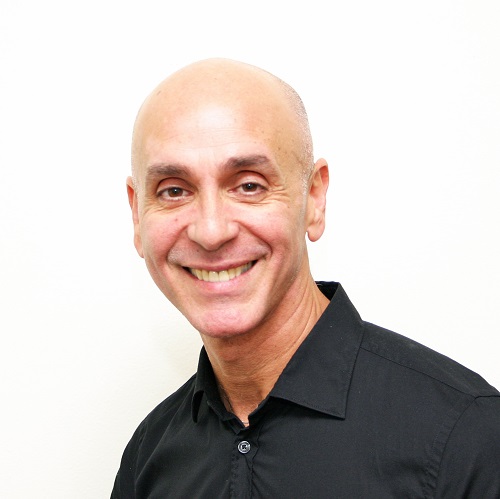
WholeFoods Magazine
When Food Becomes a Drug: Fighting One Addiction by Avoiding Another

A diet consisting of whole foods should be part of any wellness program or daily routine. Aside from the health benefits, which are too many to cite in a single sentence, there is an emotional reward to maintaining a balanced selection of fruits, vegetables and lean protein: You begin to feel better, as your body rids itself of various toxins, chemicals, preservatives, additives and fillers.
For someone battling addiction, however, junk food can easily become a substitute drug, resulting in weight gain, the threat of early onset of Type 2 Diabetes and hypertension.
This problem is a serious matter, particularly for men and women seeking treatment for their use of methamphetamines (or "crystal meth"), which can cause intense cravings for sugary snacks, sweets, soft drinks and other forbidden foods, so to speak.
I offer this comment for two reasons.
First, as the founder and executive director of La Fuente Hollywood Treatment Center, I know that addiction involves more than a dependency on a specific substance: It is as much a psychological challenge as it is a physical problem; the two are inseparable, making treatment difficult and recovery almost impossible without resolving both sides of this destructive coin.
And secondly, if we do not consider the negative qualities of certain foods—the sort of stuff that feeds an addict's appetite—by way of instant gratification and the insertion of that dollar bill, or the deposit and clicking sound of a machine accepting quarters, nickels and dimes that releases a chocolate bar or cookie, delivering a temporary fix for someone who would just as soon make sugar, fat and sodium the equivalent of breakfast, lunch and dinner but for the intervention of a trained professional; if we do resolve this challenge, everything else is moot.
So, yes, food can be harmful and addictive.
Awareness of this fact is a step toward recovery.
To repeat: This issue is a matter of the highest importance, particularly for men and women seeking help for one or more forms of addiction (including dependency on alcohol and opiates), because these substances release high amount of dopamine in the brain, the chemical that induces feelings of euphoria and triggers strong cravings for food with high concentrations of sugar and fat.
If there is one addiction I encourage people to develop, which involves an unwillingness to quit and a demand for higher doses (to sate one's appetite) for this “drug,” it is an addiction to good health and wholesome eating; to learn the basics of sound nutrition, and to acquire the habits of a smart shopper—to even start a garden, or visit a farmers' market, where you can develop an appreciation for the work responsible for bringing high-quality fruits and vegetables to your table.
There is also therapeutic value to performing these tasks, as it focuses your mind and places you in the warmth and clean air of the outdoors.
These opportunities are available to each of us, and should be a cause for celebration by all of us.
The results will be visible and measurable, starting with the loss of excess weight and the renewal of greater self-confidence because of the foods we eat and the ones we avoid.
In so many words: Choose good health.
# # #

Manny Rodriguez, the founder and executive director of La Fuente Hollywood Treatment Center (www.lafuentehollywood.com).
NOTE: The statements presented in this blog should not be considered medical advice or a way to diagnose or treat any disease or illness. Dietary supplements do not treat, cure or prevent any disease. Always seek the advice of a medical p
rofessional before adding a dietary supplement to (or removing one from) your daily regimen. WholeFoods Magazine does not endorse any specific brand or product.
Posted 7/7/15








